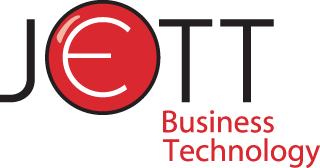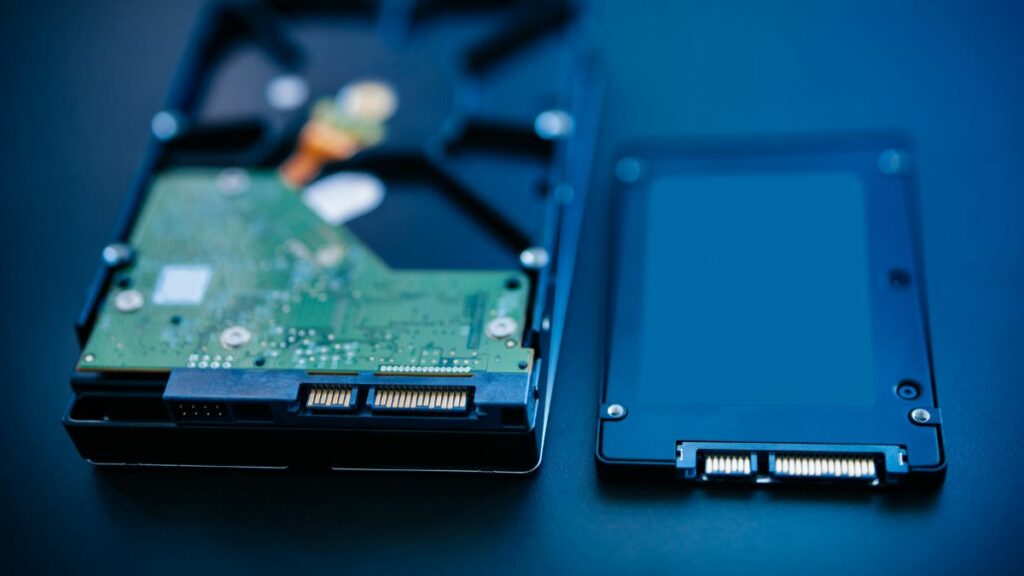When it comes to basic storage options for system data, two options prominently rise to the forefront: the solid-state drive (SSD) and the hard disk drive (HDD). Their physical specifications might appear similar, but their methods of data storage are distinctively different. To make an informed decision for your business, you must weigh factors beyond just cost, delving into performance, speed, reliability, and power usage.
Understanding HDDs and SSDs
HDDs are the traditional storage solution. These drives utilize electromagnetic technology similar to what’s found in floppy disks and credit card strips. Data is sought on a spinning platter mechanically using moving parts. The HDD encodes data across multiple spinning platters, guided by a read/write head. This head operates above the rotating disk and is directed by an I/O controller and firmware.
In contrast, SSDs represent the new era of storage devices, showcasing a significant leap over HDDs. Primarily using non-volatile flash memory, SSDs retain data even when the power is off. Two popular flash types are NOR and NAND, with most SSDs preferring NAND for its write speed and compact nature.
Spotting the Difference between SSD and HDD
- Price: The SSD vs HDD price war reveals that SSDs are more costly. Per gigabyte, SSDs might cost around $0.20, while HDDs cost a mere $0.03.
- Speed: When discussing SSD vs HDD speed, SSDs clearly lead. Free from moving parts, SSDs outperform HDDs, boasting up to 20 times faster writing speed and 10 times faster reading speed.
- Reliability & Durability: SSDs can last about a decade with regular usage. They also demonstrate more resistance to wear and tear due to their non-mechanical nature.
- Noise & Power: SSDs run silently, and their energy efficiency makes them an economical choice in the long run.
- Capacity: While HDDs offer extensive storage capacity ranging up to 12TB, SSDs max out around 4 TB.
- SSD’s Role in Servers: Integrating SSDs in servers boosts accessibility, especially when many employees access data simultaneously, thus amplifying office productivity.
The Ultimate Choice: SSD or HDD?
For businesses with massive data management needs, SSDs, given their high-speed performance and reliability, emerge as the favorable choice. Yet, protecting sensitive information from threats, including potential breaches from the dark web, is crucial. Integrating a hybrid storage system encompassing both SSDs and HDDs can strike the perfect balance between performance and cost.
Atlanta businesses seeking guidance in making the best choice can trust JETT Business Technology for IT support in Atlanta. Our Atlanta-managed IT services are replete with cloud-based automation and responsive toolsets. Whether you need remote assistance or an on-site technician, we are here to support your unique requirements.


